Civilization
DOS game, 1991
- Genre:
- Strategy
- Year:
- 1991
- Developer:
- MicroProse Software
- Publisher:
- MicroProse Software
- Perspective:
- Top-down
- Theme:
- Managerial, History, Turn-based
- Releases:
- DOS (1991), Amiga (1992), Atari ST (1993), Macintosh (1993), Windows 3.x (1993), SNES (1994), SEGA Saturn (1997)
- Also known as:
- Civilisation, Sid Meier's Civilization, Civ1, Civilization I, Civilization: Shin Sekai Shichidai Bunmei, Sid Meier's Civilization: Build an Empire to Stand the Test of Time, Wenming
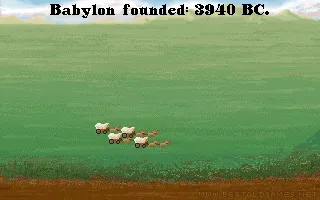
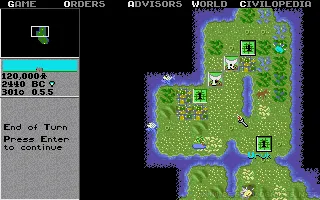
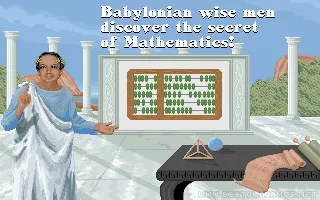
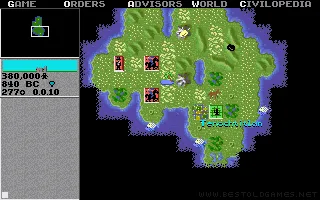
Do you have leadership tendencies and long-term planning skills? Then you will certainly be able to complete it from clay boxes to floating buildings made of glass and steel, from a fist wedge to a submachine gun and finally - from the origin of a primitively united clan to the flourishing of civil society. Will you soar to the stars in the end? The first portable variant of Civilization welcomes the emergence and development of cultures in the cradle of your palms, whenever you wish. The format of the user interface, art style, soundtrack, cover motifs and font are taken from Civ II (1996), with which it also matches the rules, gameplay content and technology tree. Not even in Civilization for the smallest device is there a hall of fame and a Civilopedia describing everything in an encyclopedic way.
Game review
Civilization. What exactly is it? The answer may lie in the dictionary, but certainly in the game of the same name. Who wouldn't want to build their civilization from the cradle, the construction of the first cities, the first battles to space flights? All this is made possible by this great game.
After starting the game, you can choose between a randomly generated world and a real world map. Then the number of civilizations in the game, one of which you will be the ruler. You start the game somewhere on the map, you have a couple of colonizers and you have a few inventions in your head. You will build the first city, the first units and the first buildings. In time, you will encounter other civilizations. You can start fighting immediately - lie down on mattresses, or negotiate peace and destroy them later. Well, you are definitely building your state. Technical progress is important, you can have a lot of cities and soldiers, but when a few cannons run at you and you defend the legion ... you can guess how it will turn out. So you build cities, you eagerly invent and observe the world around you. It is, of course, good as the right politician to pit other civilizations against each other and not to get involved in anything and to strike a devastating blow to the victors. However, there is also a non-military end to the game. Conquest of the moon. Yes, in time you will invent everything and knit for the moon.
It's logical, in one game I controlled the whole of Europe, Asia and Africa. The enemy (surprisingly Russians) ruled all of America, South and North. The heavy fighting for Australia was carried out in the spirit of huge losses. There were countless cruisers and battleships at sea, and we exchanged atomic bombs. Each invasion ended with the atomic infestation of the area and the destruction of many units. Well, just a stalemate. So in the end I flew to the moon first, but it was close
The game is really diverse, you can build 7 wonders of the world and then a lot of other things count as a wonder of the world. A huge number of buildings start at the barracks and through theaters, aqueducts, fortifications, libraries, factories to malls. The number of units is also huge, and after the invention of one, the older ones are abolished, so you can't make phalanxes in the 20th century. Usually the game is finished sooner, but I can really recommend playing as long as possible, because the feeling when you load a bomb of aircraft on an aircraft carrier and send them to enemy cities .... well, something amazing
Tips:
- on the world map it is easiest to play for the Aztecs or Americans, they are alone on the continent. So don't take them, it's really simple. On the contrary, such a Europe is something. It's probably the hardest for England ...
- Invent a lot, set taxes to little. It pays off (learn to learn)
- And finally a recommendation: don't go crazy from squares, because everything is a square
- And just for education, read civilopedia, perhaps it really contains everything about the development of humanity.
Reviewed by ![]() Anonym – 1. april 2014
Anonym – 1. april 2014
Comments
There are no comments yet. Be the first to comment!
Discuss this game in our forum.
User reviews
There are no reviews yet, be the first to review this game!
Extras
- Manual .pdf, 6.81 MB
- Manual .pdf, 960 kB
- Clue Book / Log Book .pdf, 1.02 MB
- Guide .pdf, 36.67 MB














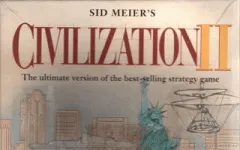


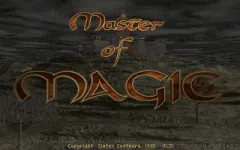



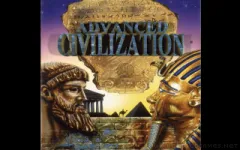

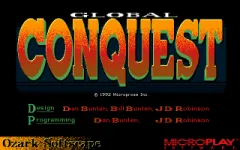
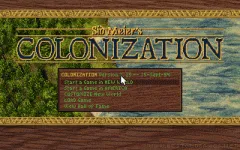
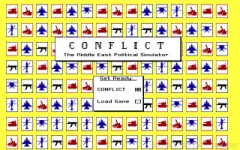
 Buy me a coffee
Buy me a coffee